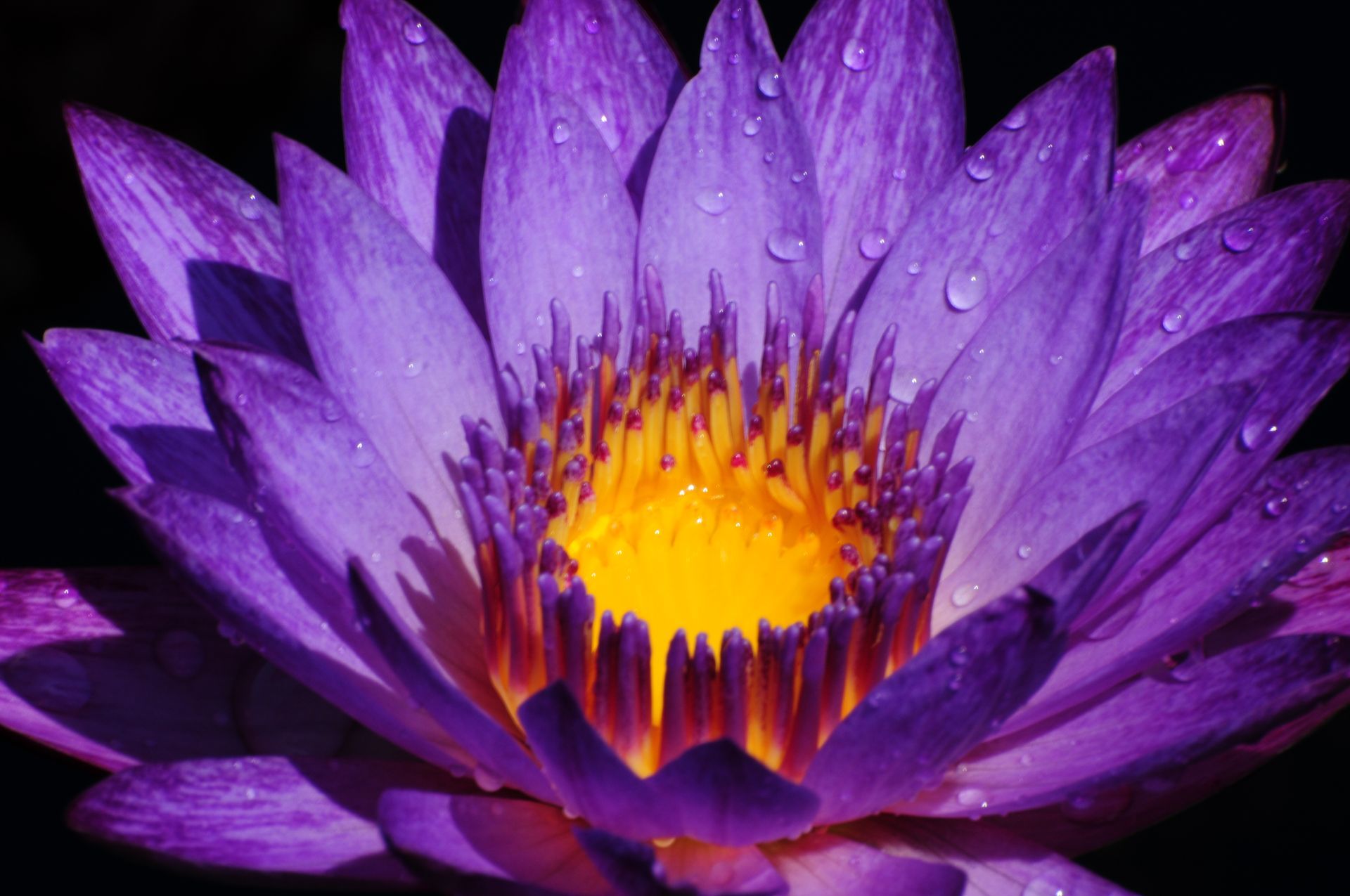Science - Photosynthesis
Photosynthesis is a vital biological mechanism employed by various cellular organisms to transform light energy into chemical energy. This energy is then stored in organic compounds, serving as fuel for the organism's activities through cellular respiration. Typically, photosynthesis refers to the oxygenic process, which results in the production of oxygen as a byproduct.
Although the specifics of photosynthesis vary among different species, the process always commences when light energy is absorbed by specialized proteins known as reaction centers. These reaction centers contain photosynthetic pigments or chromophores.
In plants, algae, and cyanobacteria, photosynthesis leads to the release of oxygen. This oxygenic form of photosynthesis is widespread among living organisms. However, certain shade-loving plants, referred to as sciophytes, produce such minimal amounts of oxygen during photosynthesis that they utilize it entirely instead of releasing it into the atmosphere.

Qur'an - Photosynthesis
The following verses beautifully capture two extraordinary moments: the descent of night and the emergence of day. However, Verse 81:18 artfully alludes to the dawn as a living entity that breathes!
This raises intriguing questions about the connection between morning and the act of breathing. As the dawn breaks, the radiant sunlight begins to illuminate the Earth. Simultaneously, plants harness this sunlight through photosynthesis and release oxygen. In essence, they exhale oxygen. The oxygen emitted by plants is precisely what sustains human respiration, allowing us to breathe day in and day out. Hence, we can conclude that the arrival of the "morning" is what empowers both humans and animals to inhale the life-giving breath.
وَٱلَّيْلِ إِذَا عَسْعَسَ
And by the night as it closes in 81:17
وَٱلصُّبْحِ إِذَا تَنَفَّسَ
And by the dawn when it breathes 81:18
